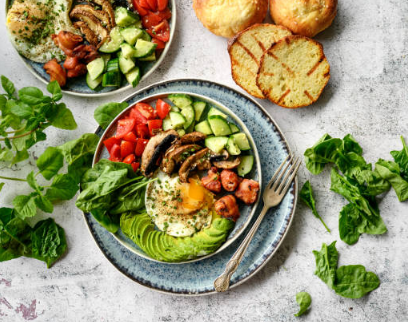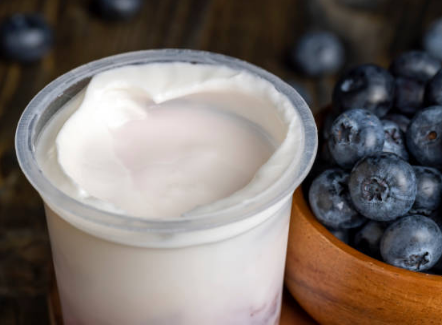Not all fats are created equal. The Big Mac isn’t your friend, but cheese and chocolate can. Yes, you read that right: cheese and chocolate. Yes! Sign us up, but… Not so fast.
Before you enjoy grilled cheese on a Snickers or Wonder Bread, find out which cheeses and chocolates, as well as fats, can be good for your body.
Years ago, when doctors warned about the dangers of fat, people turned to eating more carbohydrates, sugars, and processed foods to fill the gap. This is not a wise decision. It turns out that emptiness is actually empty calorie emptiness, and it makes us carry more weight. As a result, entire generations have become bigger (read: fatter) and even sicker as a result. It’s time to revisit the way we think about fat, because research now shows that fat, even saturated fat, isn’t the nemesis of our bodies as we once thought.

What Are Some High-Fat Foods That Are Good for Us?
How about the cheese and chocolate we talked about? First of all, cheese doesn’t mean Kraft singles. We’re talking about real cheese. Real cheese is highly nutritious, and if consumed in small amounts, it can be part of a very healthy diet. One tablet is high in vitamins, minerals, protein, and of course, healthy fats.
Not all chocolates are created equal. Skip KitKat and other milk chocolate delicacies in favor of dark chocolate. This is your friend in this category. Although dark chocolate is high in fat, it contains 11% fiber and contains more than 50% of the RDA in iron, magnesium, copper, and manganese. It is also rich in antioxidants, and its antioxidant content even exceeds that of blueberries. And, let’s not forget how amazing it tastes – it’s chocolate, friends!
Avocado. Now, we’re not talking about nachos. We’re talking about avocado, which means guacamole is its close relative. Avocado is a fruit that makes up 77% of its calories as fat. Wow! But…They are also an excellent source of fiber and potassium, which have been shown to have significant benefits for heart health.
Some other very healthy high-fat foods include eggs, nuts, extra virgin olive oil, and coconut oil (which is one of the richest sources of saturated fat found everywhere). Coconut fat is different from most other fats because they are mostly made up of medium-chain fatty acids, which means they are metabolized differently and can even help people eat fewer calories overall.
What Should I Avoid?
Processed foods and many foods labeled as healthy, dieting, light, or low-calorie can actually be worse for you than those that contain natural fats. Take yogurt, for example. While real full-fat yogurt is very healthy, many yogurts found in grocery stores are low in fat but have added sugar. That’s a big no-no – choose the full-fat version. Yes, we know that this idea takes some getting used to, but it’s true.

Full-fat yogurt is rich in healthy probiotics that can have a powerful impact on your overall health, including fighting diseases like heart disease. Just make sure to choose real full-fat yogurt and read the label. Don’t be fooled by fruit yogurts that are lower in calories, have brightly colored packaging, promise deliciousness, and weight loss.
Why Are Healthy Fats Important?
Despite its bad reputation, fat is important for a healthy diet. The current recommendation is that about 25 to 35 percent of the calories digested by healthy adults each day come from fat, with no more than 10% of saturated fat digested (about 20-25 grams).
That being said, keep in mind that fat comes in two forms: saturated fat, which is solid at room temperature (think: a piece of butter); and unsaturated fats, i.e. oils (liquids at room temperature, such as olive oil). On top of that, your body needs both, but most of your fat consumption should come from unsaturated fats.
Fat provides a lot of calories (we know this), but it also means it’s our main fuel source. Fats also give our cellular structure, fats help in the absorption of certain nutrients like vitamins A, D, E, and antioxidants.
Remember: eating fat doesn’t necessarily make you fat. It’s okay to overeat. Fat makes food tastier and more satisfying, which means your body doesn’t need much fat to feel full. So enjoy a healthy amount of fat – in moderation – and enjoy the food you eat!